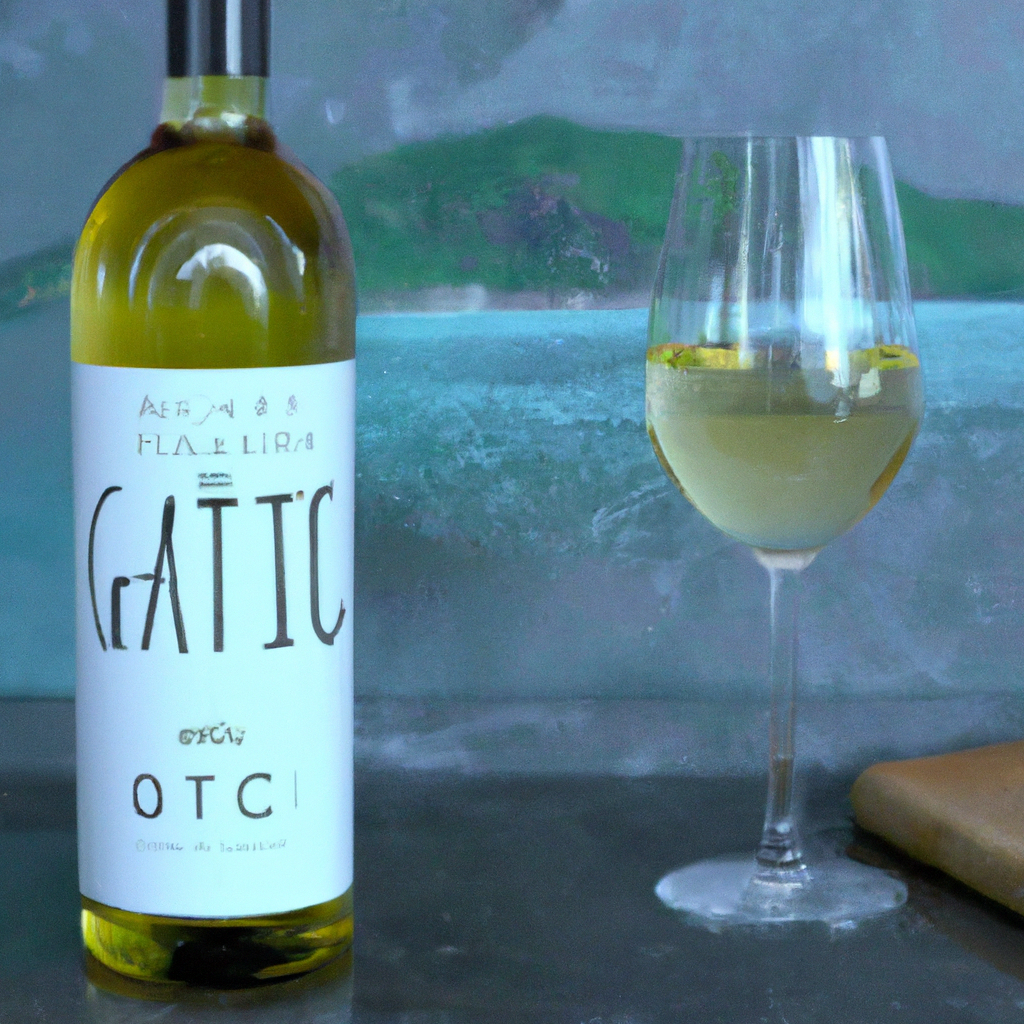Debunking the Myths: Red Wine and Chocolate Unveiled

-
Article Summary
- Debunking the Myths: Red Wine and Chocolate Unveiled
- Key Takeaways
- Introduction: Unraveling the Truth
- The Health Claims
- The Risks
- The Bottom Line
- FAQ Section
- 1. Can red wine and chocolate improve heart health?
- 2. How much red wine and chocolate can I consume?
- 3. Are all types of chocolate healthy?
- 4. Can I rely on red wine and chocolate for my antioxidant intake?
- 5. What are the risks of excessive consumption?
- Conclusion: The Truth Unveiled
- Revisiting the Key Takeaways
Debunking the Myths: Red Wine and Chocolate Unveiled

[youtubomatic_search]
Key Takeaways
- Red wine and chocolate have been touted for their health benefits, but the truth is more complex.
- While both contain beneficial compounds, their health effects depend on consumption levels and individual health status.
- Excessive consumption of either can lead to health problems, including obesity and heart disease.
- Research on the health benefits of red wine and chocolate is ongoing, and more studies are needed to confirm their effects.
- It’s important to enjoy red wine and chocolate in moderation as part of a balanced diet.
Introduction: Unraveling the Truth
Red wine and chocolate have long been celebrated not just for their rich flavors, but also for their supposed health benefits. From heart health to longevity, these indulgences are often touted as guilt-free pleasures. But how much truth is there to these claims? This article aims to debunk the myths surrounding red wine and chocolate and shed light on their real health implications.
The Health Claims
Red wine is often associated with heart health. This is largely due to the presence of resveratrol, a compound found in the skin of grapes. Some studies suggest that resveratrol can reduce bad cholesterol and prevent blood clots. Similarly, chocolate, particularly dark chocolate, is rich in flavonoids, antioxidants that may reduce heart disease risk.
However, it’s important to note that these studies often involve amounts of resveratrol and flavonoids that are much higher than what you’d get from a glass of wine or a piece of chocolate. Moreover, many of these studies are conducted on animals or in test tubes, and human studies often yield inconsistent results.
The Risks
While moderate consumption of red wine and chocolate may offer some health benefits, excessive intake can lead to health problems. Both red wine and chocolate are high in calories, and overconsumption can contribute to weight gain and obesity, which are risk factors for heart disease and other health problems.
Moreover, red wine is an alcoholic beverage, and excessive alcohol consumption is associated with a range of health issues, from liver disease to certain types of cancer. Even moderate drinking can increase the risk of breast cancer in women.
The Bottom Line
While red wine and chocolate do contain beneficial compounds, their health effects are not as straightforward as often portrayed. It’s important to enjoy these indulgences in moderation as part of a balanced diet. More research is needed to fully understand their health implications.
FAQ Section
1. Can red wine and chocolate improve heart health?
While both contain compounds that have been associated with heart health, the evidence is not strong enough to recommend them as heart-healthy foods. More research is needed.
2. How much red wine and chocolate can I consume?
It’s best to enjoy these foods in moderation. For red wine, this typically means up to one drink per day for women and up to two drinks per day for men. For chocolate, a small piece of dark chocolate a few times a week is usually fine.
3. Are all types of chocolate healthy?
No. Dark chocolate is the healthiest type because it contains the highest amount of flavonoids and the least amount of sugar. Milk chocolate and white chocolate contain less flavonoids and more sugar.
4. Can I rely on red wine and chocolate for my antioxidant intake?
While they do contain antioxidants, it’s best to get these compounds from a variety of sources, including fruits, vegetables, whole grains, and legumes.
5. What are the risks of excessive consumption?
Excessive consumption of red wine and chocolate can lead to weight gain, obesity, and other health problems. Red wine is also an alcoholic beverage, and excessive alcohol consumption can lead to a range of health issues.
Conclusion: The Truth Unveiled
While red wine and chocolate do contain beneficial compounds, their health benefits are not as straightforward as often portrayed. Excessive consumption can lead to health problems, and more research is needed to fully understand their health implications. It’s important to enjoy these indulgences in moderation as part of a balanced diet.
[youtubomatic_search]
Revisiting the Key Takeaways
- Red wine and chocolate contain beneficial compounds, but their health effects depend on consumption levels and individual health status.
- Excessive consumption can lead to health problems, including obesity and heart disease.
- More research is needed to confirm the health benefits of red wine and chocolate.
- Enjoy these indulgences in moderation as part of a balanced diet.



